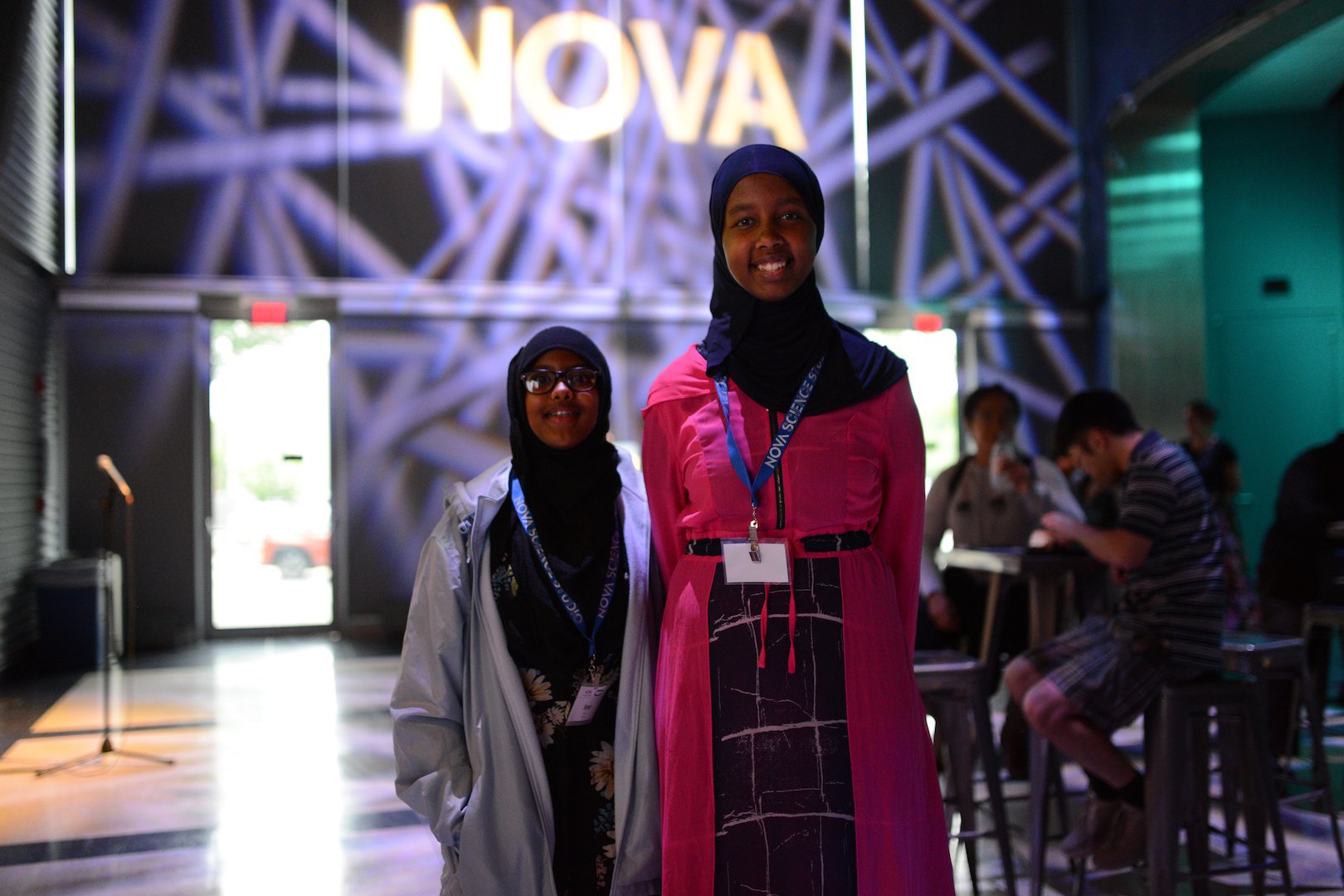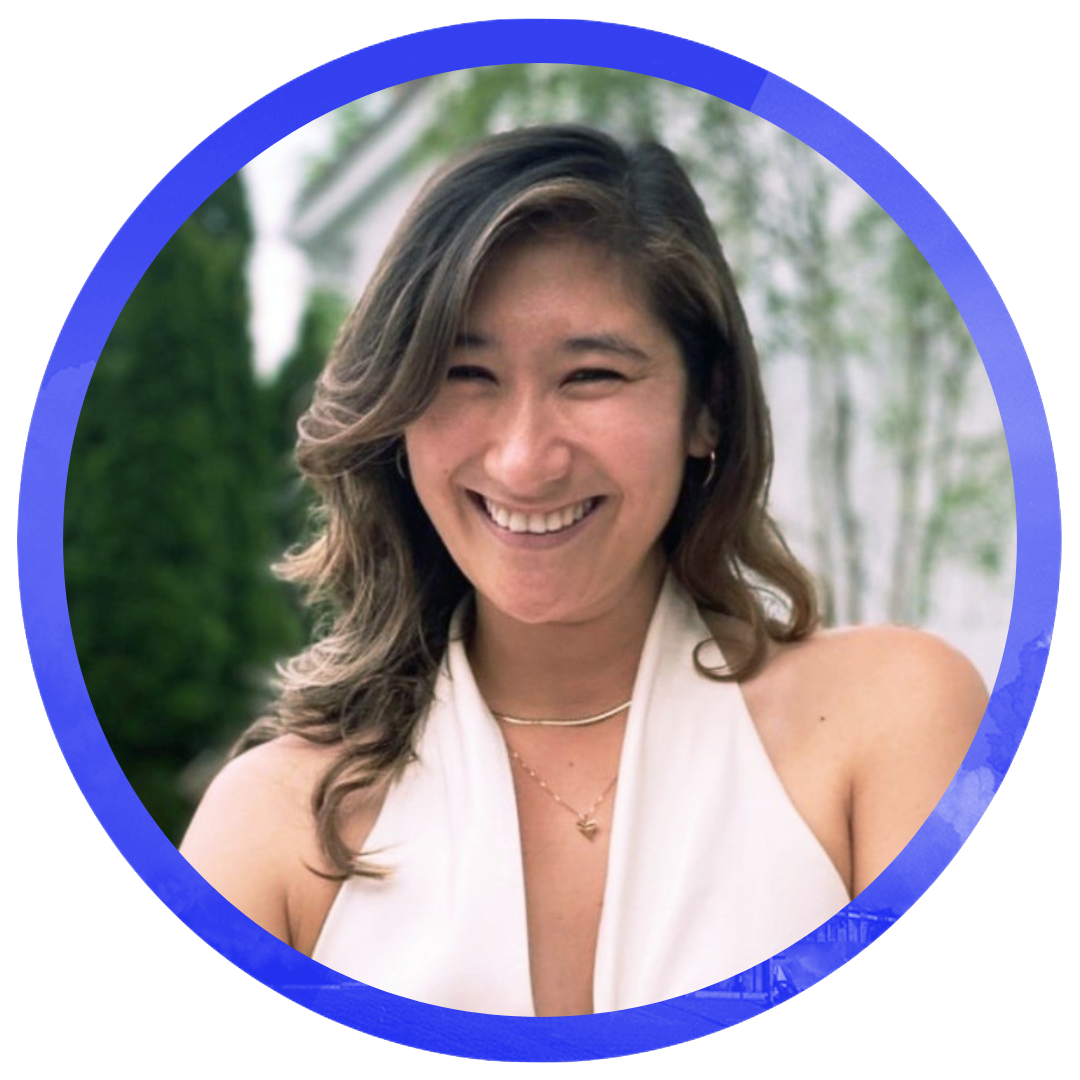NOVA Science Studio Alumni (2020—2021)
We are proud to introduce the 2020—2021 NOVA Science Studio student-producers who covered a wide variety of science stories including fast fashion and sneaker sustainability, as well as the effects of food insecurity and its outsized impact on youth.

In January 2021, NOVA launched the NOVA Science Studio on a national scale, offering a virtual curriculum at five sites across the country.
Over the course of six months, students developed basic journalism and video production skills using accessible video production equipment, such as smartphones, and collaborated in teams on short digital videos about stories at the intersection of science and social issues. In addition to the science communication and video production curriculum, NOVA also produced tutorial videos and a digital series on misinformation called Misinformation Nation.
We are excited to introduce the 2020—2021 NOVA Science Studio student producers who covered a wide variety of science stories including fast fashion and sneaker sustainability, as well as the effects of food insecurity and its outsized impact on youth.
Aishah D.
Southeast Region
Site Coordinator: Tazeen Hossain
Project: Environmental racism and “Cancer Alley”
“Connecting people with engaging information empowers people in our communities to take the first step to solving a problem – acknowledging its importance. Through participation in NOVA Science Studio, I want to have exactly that impact – elevating the scientific knowledge of members of my community by connecting with them using engaging media.”
Baiwen Z.
Southeast Region
Site Coordinator: Tazeen Hossain
Project: The hidden cost of hunger in America
“Through my experiences, I gained excellent collaboration and communication skills, and I will never stop creating impacts for both local and global communities!”
Havilland F.
Southeast Region
Site Coordinator: Tazeen Hossain
Project: Environmental racism and “Cancer Alley”
“I have always been concerned about how topics in science affect mankind due to the fact that I live in an area in Louisiana that is called “Cancer Alley”. Cancer Alley refers to an area in Louisiana where there are 150 energy/chemical plants and the residents who live around the plants and have a high rate of cancer cases.”
Laila O.
Southeast Region
Site Coordinator: Tazeen Hossain
Project: The hidden cost of hunger in America
“Since I was little, I was always interested in climate change and the environment. For a few years now I have been looking for ways to help my community become more sustainable. I have been in my school's climate club for a couple of years, and one of the main things that I have learned is how important it is to communicate about climate change and the science around it.”
Shreya P.
Southeast Region
Site Coordinator: Tazeen Hossain
Project: The hidden cost of hunger in America
“Some may think that science is simply black and white, but there is a lot of gray area that needs to be covered by journalists such as ethics and its impacts, and it is absolutely imperative that journalists shed light on this. We are evolving rapidly as a society, and science is at the forefront of this, and I want to tell these impactful stories.”
Sovereign N.
Southeast Region
Site Coordinator: Tazeen Hossain
Project: Environmental racism and “Cancer Alley”
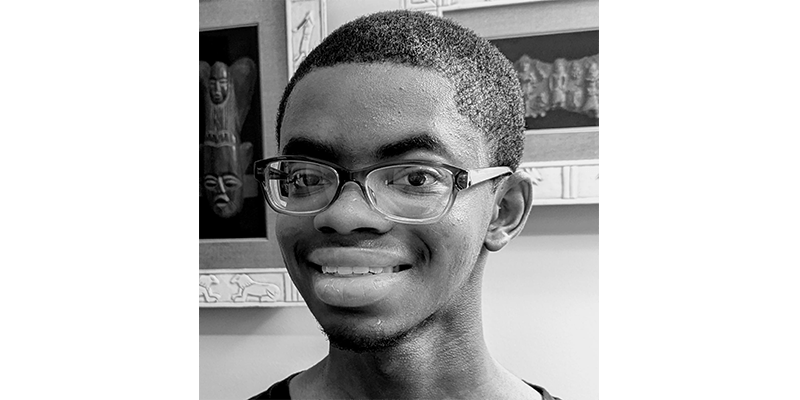
“I believe it’s very important to tell stories about science issues in my community because science may be very technical, but science is present around us, all the time, even when we’re not paying attention. Most people think of science as just a course in school, but if more people thought of science as something they came into contact with every day or something that’s in their environment, maybe they’d have a better understanding of what science is and how important it is to respect science.”
Abraham C.
West Coast Region
Site Coordinator: Niba Nirmal
Project: How artificial intelligence and data science will transform mental health care
“I hope to use my platform on NOVA Science Studio to heighten awareness of local issues on a global scale and be able to effectively convey the magnitude of those issues and their impact on communities.”
Adhya K.
West Coast Region
Site Coordinator: Niba Nirmal
Project: Occupational safety and health in nail salons
“We are at our best when we are in understanding of the stories that surround us, and science, for all the facts and theories it may begin with, is not separate from that light; that thrill, from the sensation of feeling and being and all the elements that make up a story worth telling. Science is a part of life, and it is beyond worth sharing.”
Avdan G.
West Coast Region
Site Coordinator: Niba Nirmal
Project: How artificial intelligence and data science will transform mental health care
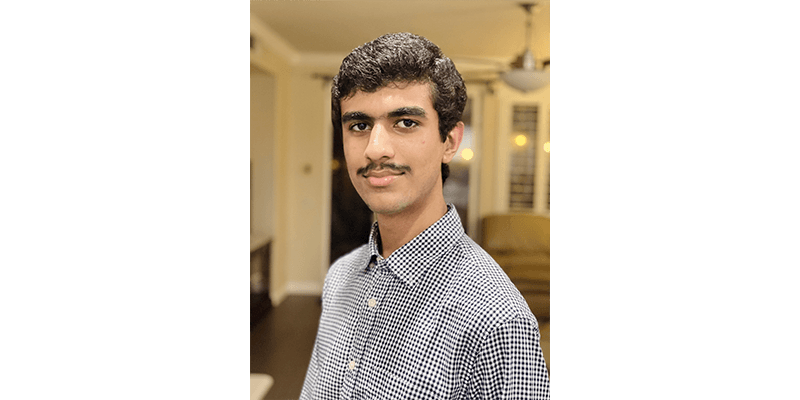
“By raising awareness about science issues in our community, I feel that people would have the tools to understand these issues and make better choices regarding our future. Communicating about these issues using stories makes people more receptive and able to relate to science in their daily lives.”
Catherine M.
West Coast Region
Site Coordinator: Niba Nirmal
Project: How artificial intelligence and data science will transform mental health care
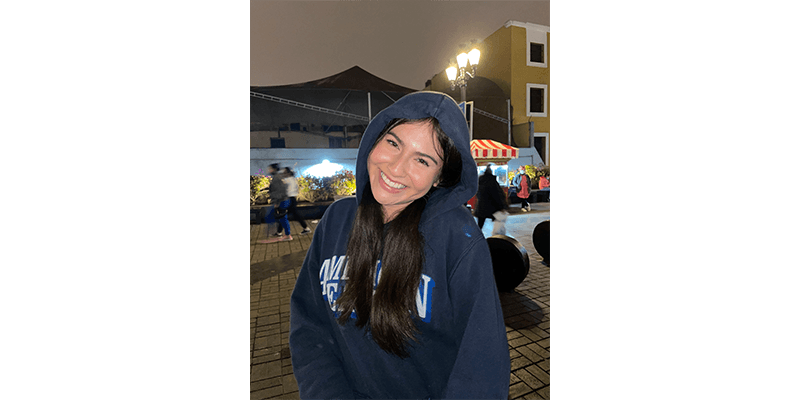
“Having a group of people be passionate about the same things as you is an amazing but also special thing.”
Jolyn H.
West Coast Region
Site Coordinator: Niba Nirmal
Project: Occupational safety and health in nail salons
“If there’s anything that I’ve learned from microbiology and chemistry, it’s that the smallest phenomena can affect the world at large. I feel that is an apt metaphor for why science stories are important in any community.”
Mia J.
West Coast Region
Site Coordinator: Niba Nirmal
Project: Occupational safety and health in nail salons
“It is important to tell stories about science because if we all tried to learn more about science we open up more career opportunities, independence, and general education. We also increase the chances of large advancements in the scientific world.”
Draven C.
Midwest Region
Site Coordinator: Cesar Almeida
Project: The impact of spanking on childhood development
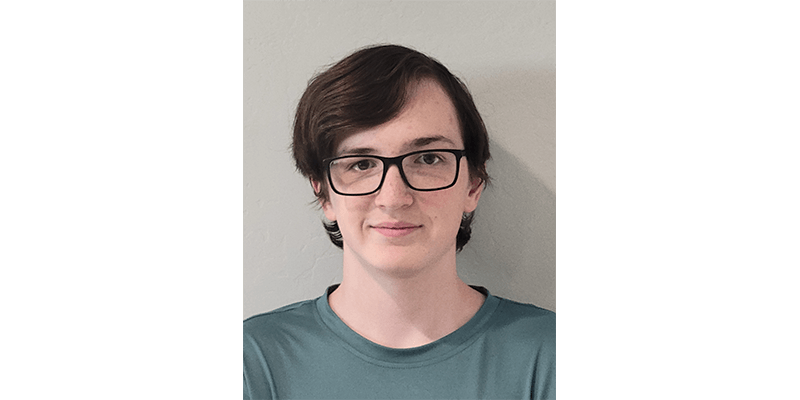
“I feel it is important to tell stories about science in my community because there is a lack of awareness regarding pollution, climate change, and/or having a neighborhood garden to help understand the importance of fresh produce as a healthy choice food.”
Emma W.
Midwest Region
Site Coordinator: Cesar Almeida
Project: How your sneakers affect the environment
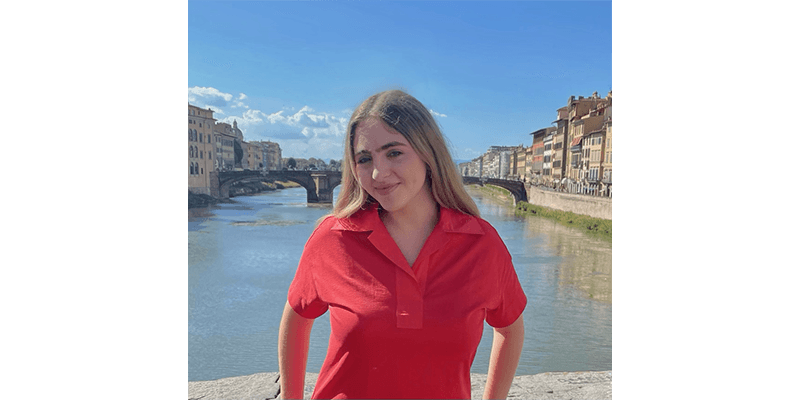
“I don’t think enough people understand that “science” is not always just old men in lab coats working with smoking beakers, but rather that it’s the reason our world works the way it does. This common misconception about science and STEM leads us to ask the question— If more people knew just how much science impacts their lives every day, would they care more about it?”
Ife R.
Midwest Region
Site Coordinator: Cesar Almeida
Project: How your sneakers affect the environment
“I feel it is important to tell stories about science issues in my community because we need to know these in order to eventually solve problems and bring awareness for future generations.”
Kabir J.
Midwest Region
Site Coordinator: Cesar Almeida
Project: How your sneakers affect the environment
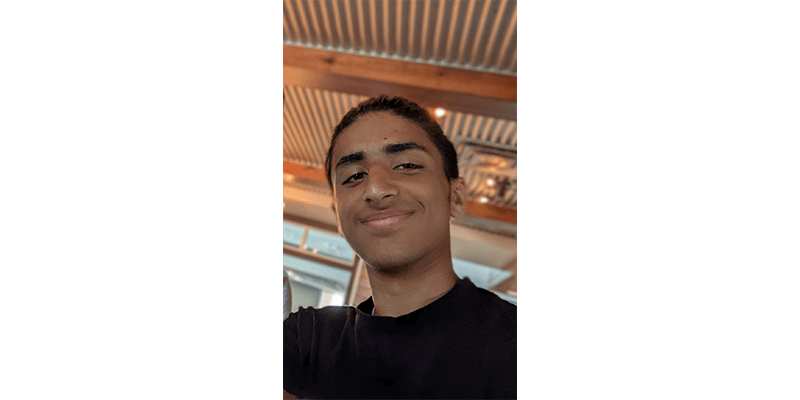
“It is important to tell these stories because the information that is delivered to the community is highly influential. This is because the more people know, the more empowered they are to make better decisions about themselves and others around them. This knowledge has the power to change the ways people respond in important situations that affect their communities, whether they are about clean energy, healthcare, space, travel, or other issues.”
Nathan J.
Midwest Region
Site Coordinator: Cesar Almeida
Project: The impact of spanking on childhood development
“I would like to learn more about science and how much it can really impact our everyday lives.”
Rose L.
Midwest Region
Site Coordinator: Cesar Almeida
Project: The impact of spanking on childhood development
“I believe lack of knowledge is one of the most harmful things to communities. Lack of knowledge leads to people making mistakes that otherwise didn’t have to happen. Lack of knowledge affects every aspect of life, from wrong teaching styles to eating unhealthy food. By spreading stories about scientific issues I could end some misinformation and help educate others, overall this would help improve the lives of the people in the community.”
Alexandra U.
Phoenix (Academy of Math and Science Desert Sky)
Site Coordinator: Leon Tynes
“Telling stories about issues in my community is important because it gives the issues more attention and more importance. The more people acknowledge the issue at hand the more possibilities of solving the problem there will be.”
Emily G.
Phoenix (Academy of Math and Science Desert Sky)
Site Coordinator: Leon Tynes
“I want to join the NOVA Science Studio to advance my knowledge of storytelling in science. So many people do not understand the importance of science and tech and its importance in solving community problems.”
Marlene D.
Phoenix (Academy of Math and Science Desert Sky)
Site Coordinator: Leon Tynes
“I feel it is important to tell stories about science issues in my community because it would raise awareness towards them, and it would hopefully inspire others to do the same and pitch in their own ideas.”
Wendy S.
Phoenix (Academy of Math and Science Desert Sky)
Site Coordinator: Leon Tynes
“Some examples of science stories in my community that I would potentially want to explore in the video I will produce in the program are the deaths caused by prescribed opioids.”
Yahaira T.
Phoenix (Academy of Math and Science Desert Sky)
Site Coordinator: Leon Tynes
“I feel that it is important to tell stories about science in our community because they need to be informed on new advances in science and technology.”
Zoe S.
Phoenix (Academy of Math and Science Desert Sky)
Site Coordinator: Leon Tynes
“Some scientific issues in my community are that the air and water quality are not as good as they were 50 years ago. The impact on agriculture and ranching is due to the droughts. Arizona is not able to get all the water it needs for these essential things.”
Eijah D.
Boston (826 Boston)
Site Coordinator: Greg Hufford
Project: The impact of fast fashion on planet and people
Issac Z.
Boston (826 Boston)
Site Coordinator: Greg Hufford
Project: The impact of fast fashion on planet and people
“I believe my experiences here were amazing, and I learned a lot. I’ve learned about misinformation and how to spot it, and also learned how to use a camera. I think I also got better at working with other people online, so that’s a plus. The environment and teachers were friendly, so I was comfortable working here. All and all, I loved the experience.”
Jaiyanny V.
Boston (826 Boston)
Site Coordinator: Greg Hufford
Project: The impact of fast fashion on planet and people
Jericho H.
Boston (826 Boston)
Site Coordinator: Greg Hufford
Project: The impact of fast fashion on planet and people
“I think the program allowed me to learn more about things like how to make videos, gather information, and also how to gather clips for the video. This program I think would be good for people who want to learn more about things like video production or science communication because it also helps to show you the difference between science reporting and something like a hoax and how to tell them apart.”
Kadiatu J.
Boston (826 Boston)
Site Coordinator: Greg Hufford
Project: The impact of fast fashion on planet and people
Kayell C.
Boston (826 Boston)
Site Coordinator: Greg Hufford
Project: The impact of fast fashion on planet and people
Maya K.
Boston (826 Boston)
Site Coordinator: Greg Hufford
Project: The impact of fast fashion on planet and people
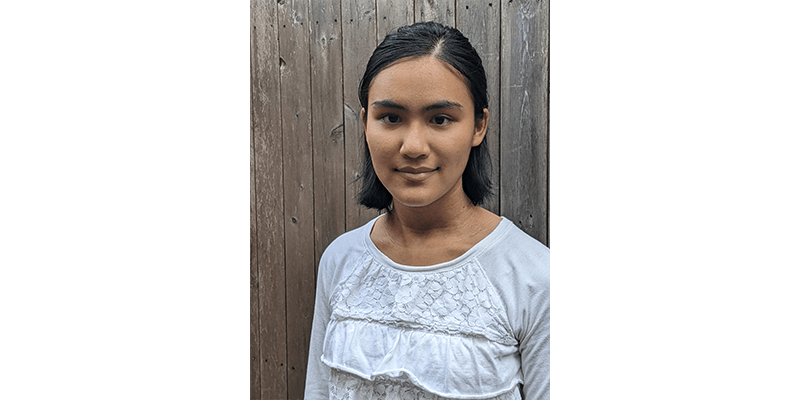
“This whole five months of working with NOVA was a great experience for me! Though I thought I knew a lot about science misinformation, I liked that we used the first few months to review all the practices to find misinformation, as that proved handy in the final project. Working as a team to create a video was a new but interesting experience for me, but it was very rewarding in the end when we got to see the product of our hard work.”
Phaidon A.
Boston (826 Boston)
Site Coordinator: Greg Hufford
Project: The impact of fast fashion on planet and people
Stephen M.
Boston (826 Boston)
Site Coordinator: Greg Hufford
Project: The impact of fast fashion on planet and people
“I have been interested in science for as long as I can remember, I care deeply for the environment, I enjoy filmmaking and I believe in the power of storytelling. Stories help spread information in an easy to digest way. It is said that a picture is worth a thousand. I believe a short potent video can be worth a million words!”
Zahkia W.
Boston (826 Boston)
Site Coordinator: Greg Hufford
Project: The impact of fast fashion on planet and people
